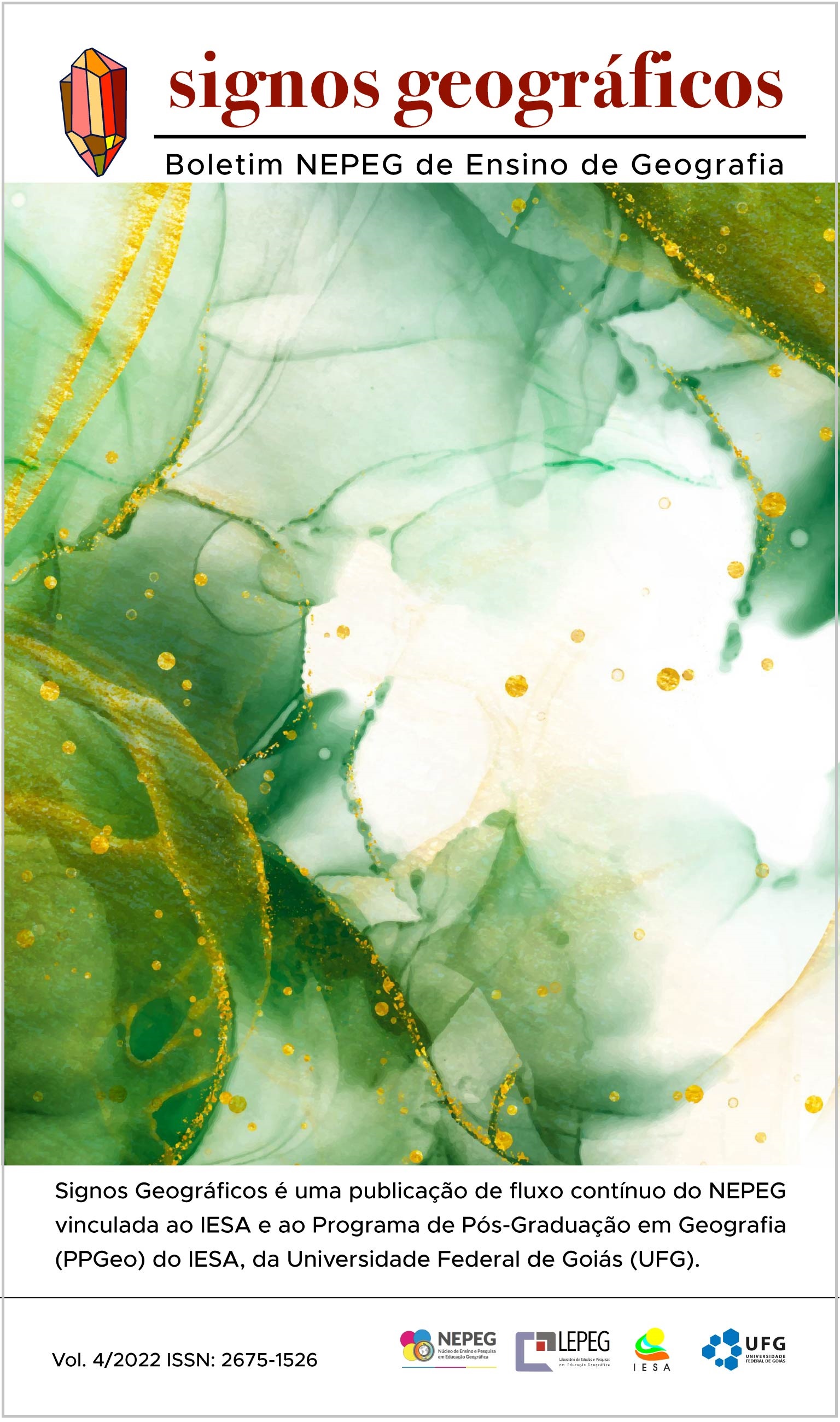THE SPATIALITY OF PUBLIC POLICIES IN EDUCATION: THE CASE OF THE SCHOOLS OF TOMORROW PROJECT IN THE MUNICIPAL SCHOOLS OF RIO DE JANEIRO-RJ
DOI:
https://doi.org/10.5216/signos.v4.70405Keywords:
IDEB, Schools of Tomorrow, Geography of Education, Public Policies in Education.Abstract
From the 1990s, the promulgation of the law of guidelines and foundation of education and fund policy almost universalized elementary education in our territory. This situation brought back to school a new population contingent previously excluded from its production, creating a sense of crisis in the quality of state schools. To face this situation, it was adopted the dissemination of intervention policies in several schools to improve educational quality. In this context, in 2009, the city of Rio de Janeiro adopted the Schools of Tomorrow Project to combat school dropout and low rates of Basic Education Development Index (Bedi) in units located in violent areas of urban space. The general objective of this text is to analyze the spatiality of the conformation of the Schools of Tomorrow Project. Therefore, the searching of normative texts related to the project related to the spatiality of the Ideb regarding to the school system and the target schools of the project was prioritized. It was concluded that the implementation of the Schools of Tomorrow was based on the acquisition of ready-made pedagogical methods from private institutions, removing the school autonomy as producer of solutions in its concreteness. Ideb analysis indicated that the chosen schools followed the performance of the municipal school system as a whole and showed the absence of effective changes.








